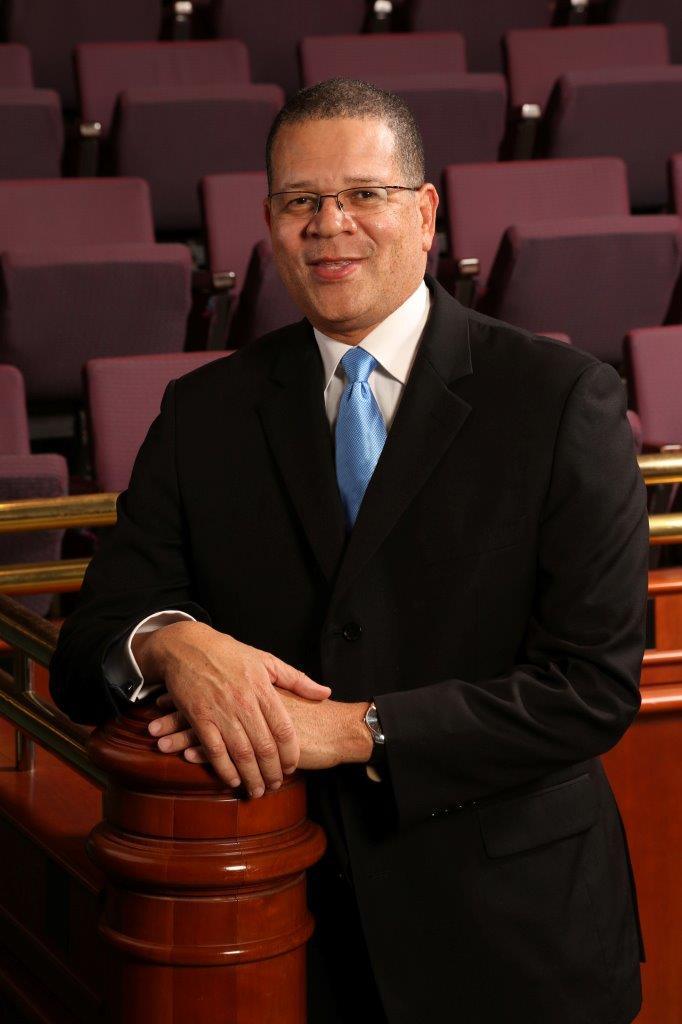Profiles in Service - July 25, 2016
Upcoming Events
Related News
 John H. Eaves
John H. Eaves
Vice Chair Justice and Public Safety Committee
Chairman, Fulton County, Ga. Board of Commissioners
Number of years active in NACo: 10 years
Years in public service: 10
Occupation: Executive consultant, TalentQuest; CEO, Global Youth.
Education: B.A. Morehouse College; M.A. Yale University; Ph.D., University of South Carolina
The hardest thing I’ve ever done: Run for public office.
Three people (living or dead) I’d invite to dinner: Dr. Martin L. King, Jr.; Muhammad Ali and Malcolm X.
You’d be surprised to learn that I: Have traveled to 47 states and 50 countries.
The most adventurous thing I’ve ever done is: Write and publish two books.
My favorite way to relax is: Power walk and workout
Every morning I read: My emails.
My favorite meal is: Grits and eggs for breakfast.
My pet peeve is: People who fail to say “Thank you!”
My motto is: Live by the “Golden Rule.”
The last book I read was: Savage Inequalities: Children in America’s Schools by Jonathan Kozol.
My favorite movie is: Shawshank Redemption.
My favorite music is: R&B.
My favorite president is: Barack Obama.
My county is a NACo member because: It wants to be the leading county in the Southeast!
Attachments
Related News

Congress reintroduces bipartisan Railway Safety Act of 2026
This winter, lawmakers in the House and Senate reintroduced the bipartisan Railway Safety Act of 2026 (S. 3903, H.R. 7748) , building on prior efforts to strengthen federal rail safety standards following the high-profile 2023 Norfolk Southern derailment in Columbiana County, Ohio.

Treasury proposes new privacy act records system for SLFRF and other federal assistance program data
Treasury proposes new database for the American Rescue Plan Act’s (ARPA) State and Local Fiscal Recovery Funds (SLFRF).
